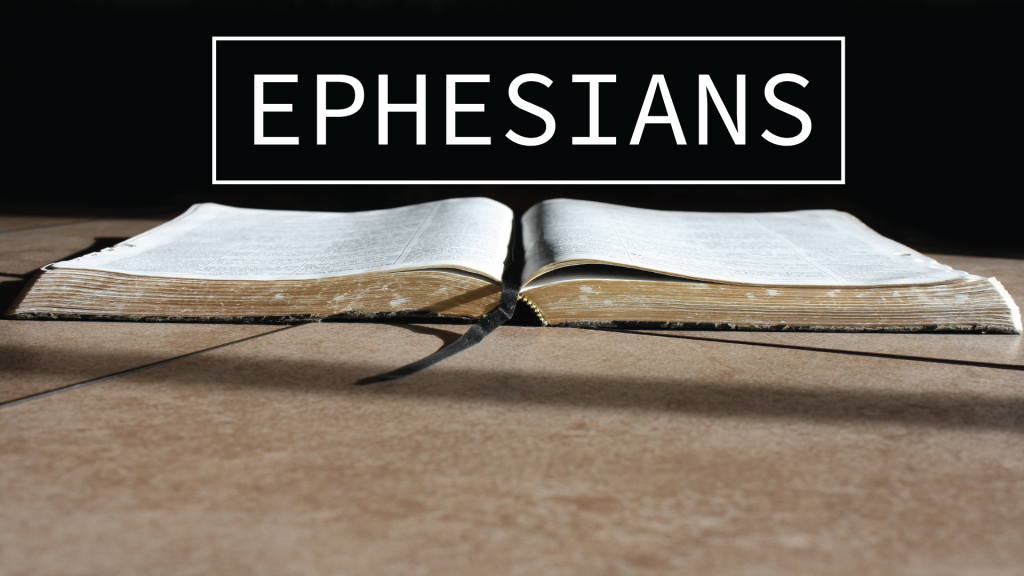
Ephesians 6:2-3
“Honour your father and mother- this is the first commandment with a promise- “so that it may be well with you and you may live long on the earth.”
The instruction to obey parents is now backed up by reference to the Ten Commandments. “Honour your father and mother so that it may be well with you, and you may live long on the earth.”
In the New Testament age, the Jews were scattered around the nations, and many did not understand Hebrew. The version of the Old Testament most widely known was the Greek version called the Septuagint. This version was not only translated from Hebrew to Greek, it was adapted a little for the readers who were dispersed and not located only in Israel.
This verse as quoted by Paul is the Septuagint version which replaces “ the land the Lord is giving you” with “ the earth”. From being a promise that originally meant that honouring parents would enable the Hebrew people to live long in Israel, it is now a promise for an extended lifespan regardless of geographic locaiton.
For any nation, orderly and stable family relationships are basic. We know in our own situation that single parent families are generally less stable and less prosperous then families headed by a married couple. For all kinds of reasons, a broken family leads to shorter lifespans.
This is more than a promise to individuals. It is a promise to people groups. Formation of stable families leads to stronger communities, more resilient in the face of natural disaster and conflicts .
Children can understand that if they obey their parents, they can contribute to the stability and prosperity of the family through the blessing of the lord.
There has been some questioning of the statement by Paul that this is the first commandment with a promise. They point to the second commandment regarding idolatry: “ You shall not make for yourself any Idol, whether in the form of anything that is in heaven above, or that is on the earth beneath, or that is in the water under the earth. You shall not bow down to them or worship them; for I, the Lord your God, am a jealous God, punishing children for the iniquity of their parents, to the third and fourth generations of those who reject me, but showing steadfast love to the thousandth generation of those who loves me and keep my commandments.” (Exodus 20:4-6)
This commandment is not so much a promise as a statement about the nature of God. He does punish those who commit iniquity and He does bless those who obey him, and both of these consequences go through generations.
Another explanation of this is that the structure of Paul’s sentence allows a translation along the lines of “This is a commandment of priority for you and it has a promise.”
However we interpret the meaning of this verse, it is true that there is a promise for all who honour their parents. God promises that things will go well for us and we will live long in the earth.
One may ask what are the boundaries of the command to obey or honour one's parents? As was stated in the previous verse, we must not obey our parents at the expense of obeying Christ. However, we can, and should, maintain a disposition of honour even while maintaining our fidelity to the Lord.
Key points in these verses:
-
Honouring parents is one of the Ten Commandments that carries a promise
-
Stable families lead to longer life and prosperity, as well as to stronger communities